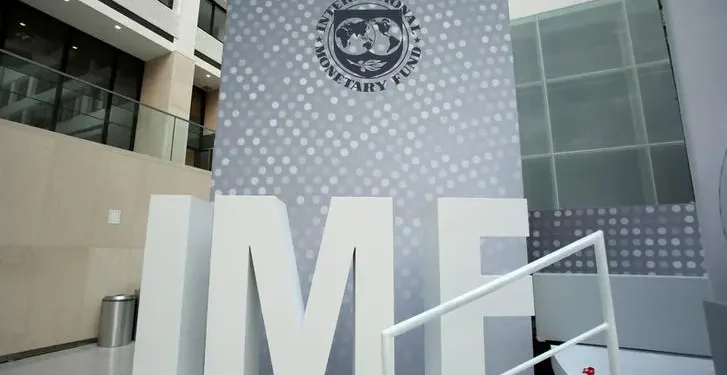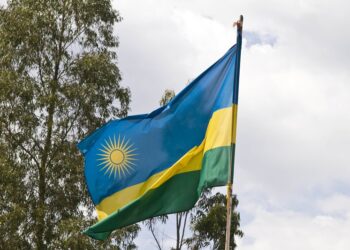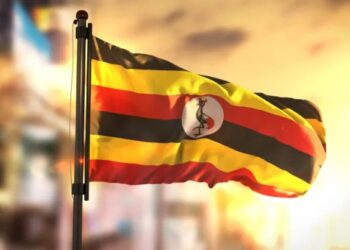The International Monetary Fund said on Tuesday it has discussed various options with Senegal to address the country’s “significant debt vulnerabilities,” adding a decision on whether to overhaul the debt rests with the government.
The IMF froze a $1.8 billion financial support package for the West African economy last year after a then new government disclosed hidden debts that are now estimated at more than $11 billion.
Prime Minister Ousmane Sonko said over the weekend Fund officials were pushing for a restructuring of Senegal’s debt—a move he said the government would not accept—which sent the country’s international bonds sharply lower on Monday.
A discussion of the policy choices that Senegal faces, during a staff mission to Dakar that ended last week, was part of the IMF’s role to offer expert analysis and advice for government consideration, a Fund spokesperson told Reuters.
“The choice and specific nature of debt operations, and whether to seek to restructure debt obligations, remains a sovereign decision,” the spokesperson said.
BONDS EXTEND THEIR RECENT LOSSES
Senegal’s international bonds extended their losses on Tuesday, albeit by smaller intra-day margins, keeping them at lows last seen in July.
The 2031 bond fell by 0.7 cents on the dollar to bid at 71.77 cents, while the euro-denominated 2028 bond shed 0.65 euro cents to bid at 79, Tradeweb data showed.
Securing a financing programme from the Fund requires a government to set out a clear path to put its finances, including its debt burden, on a sustainable footing.
In August, Prime Minister Sonko unveiled a new economic recovery plan for Senegal, pledging to finance 90% of the initiative through domestic resources and avoid additional debt.
The government, however, still faces a precarious fiscal situation.
Rejecting the option of a debt restructuring constricts Senegal’s choices as it seeks to plug a gaping budget deficit and manage debt that is now estimated at 132% of GDP, said Tellimer’s Stuart Culverhouse in a research note.
“Without IMF-backed relief, the government must rely on domestic financing and deep spending cuts, risking social unrest,” he said.
DEBT OVERHAULS UNPALATABLE
Zambia, Ghana and Ethiopia have all been forced to restructure their debts since 2020, but the drawn-out processes and economic hardship endured has made debt reworks unpalatable to other heavily indebted African governments.
Kenya, another debt strained country, has opted for costly trade-offs like tax hikes that sparked deadly protests last year.
“Senegal cannot afford the luxury of waiting until every governance and accountability reform is fully in place before securing a new IMF program,” said Abdoulaye Ndiaye, professor of macroeconomics and public finance at New York University.



























































